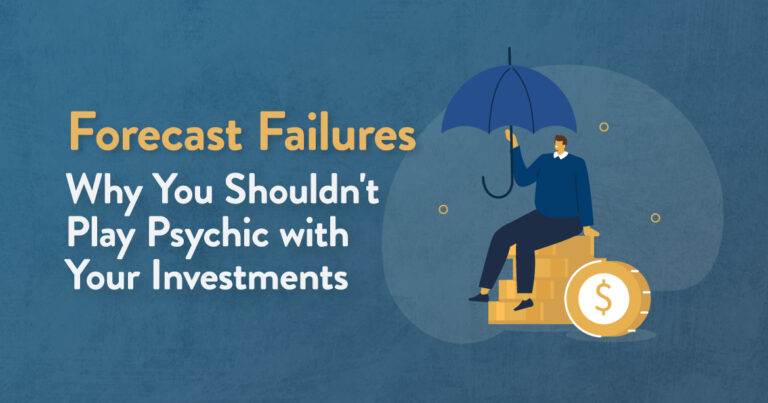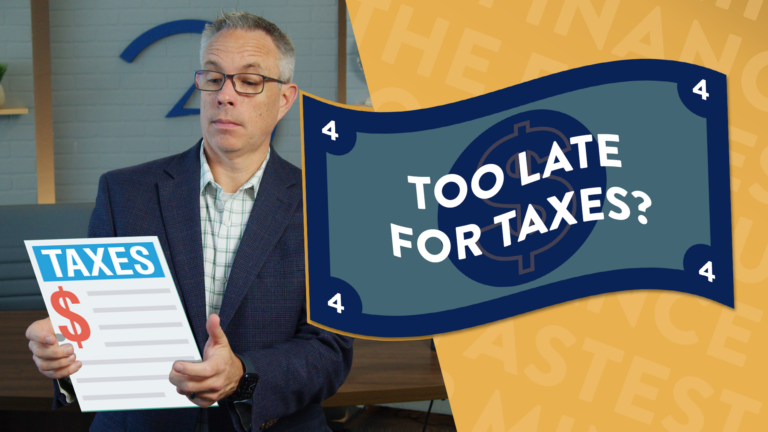Even with 30 years of driving experience, there are still times that I’ll look before I start to change lanes, and then all of a sudden, a car seems to appear out of nowhere. It’s probably happened to you too. The other vehicle was in an area that we call a blind spot, where we can’t see it in our rearview or side mirrors. I’ve been fortunate over the years when that’s happened to me, but I’ve seen it cause some major accidents as well.
Many of the new cars made today have blind spot sensors to help you navigate the roads and let you know when someone is beside you. It’s similar to having a trusted financial advisor helping you navigate through retirement. There are many blind spots that most people don’t know about, and any one of them can do a lot of damage to your retirement. The last thing you want to do during retirement is to make a mistake that is going to cause you to have to go back to work. Unfortunately, we’ve seen it happen too many times.
Here are some blind spots that could wreck your retirement (and how to help navigate around them).
Financial Markets
We all know that the financial markets move up and down, but sometimes the ride is almost more than we can handle. Our emotions get the best of us, and we sell our investments after the market has taken a big decline. We sit on the cash for a while, and after the market has had a nice run-up, we buy back in for the fear of missing out on some of the gains. Going through this cycle a couple of times can wreck a retirement nest egg.
Inflation
Inflation can be another blind spot. We all know that things get more expensive over time, but how do we give our income a raise during retirement to offset the ever-increasing prices? Many pundits have taught that you can take 4% of your retirement balance as income each year. But what happens if your balance doesn’t grow by at least 4%? You’re either taking a lesser amount the next year or a higher percentage of your balance to get the same amount. Either way, you’re not getting a raise, and you’re possibly running the risk of running out of money before you run out of time.
Taxes
Another area that most people don’t know how to properly navigate on their own is taxes. You will likely have multiple sources that will provide your income during retirement. These could include a company pension, Social Security benefits, annuity payments, IRA distributions, and so on. Knowing when and how to take these could save a lot in unnecessary taxes. Did you know the tax penalty for not taking your required minimum distribution from your retirement accounts that begins at age 70½ is 50% of what you are required to take but didn’t? Ouch! If you’re like me, you feel like you already pay your fair share in taxes. Don’t pay any more than you have to pay.
But Wait, There’s More
These are only a few of the blind spots that The GenWealth Ready to Retire Process can help you navigate. We’ll consider other areas like long-term care costs and when to claim Social Security benefits as well. It surprises me how many people take on all of this responsibility themselves during their retirement, instead of working with a trusted financial advisor to help handle it for them. Retirement should be about a person collecting monthly income and enjoying what they’ve worked so hard to have. If you don’t have a trusted advisor and a written plan, these can help steer you in the right direction to avoid having a blindside that could wreck your plans.
The opinions voiced in this material are for general information only and are not intended to provide specific advice or recommendations for any individual.





